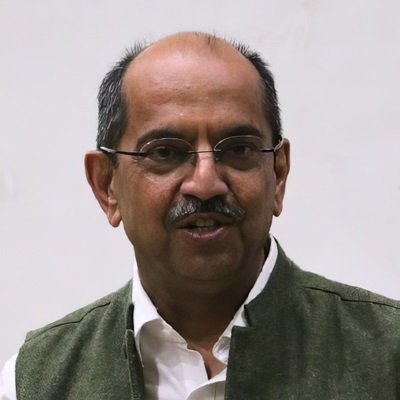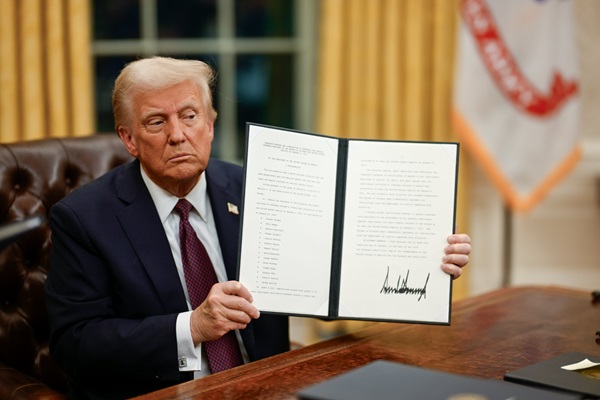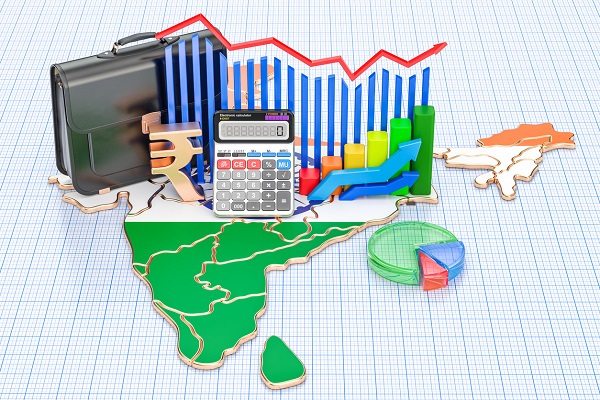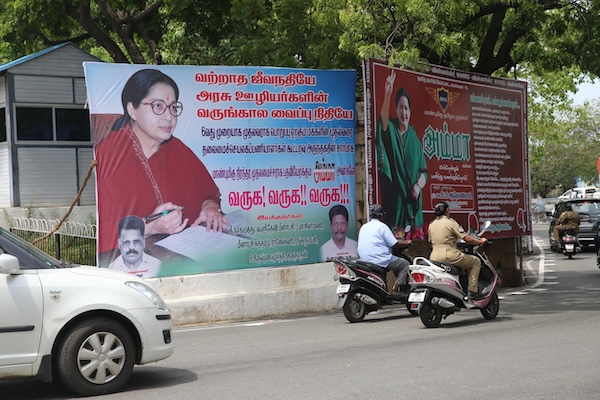.png)

Vijay Singh Chauhan, a former IRS official, is a trade expert and Senior Visiting Fellow at Isaac Centre for Public Policy, Ashoka University.
April 2, 2025 at 7:16 AM IST
If there is one thing that international trade community really values, it is certainty – of policy, of costs, and of a delivery schedule. Adam Smith, the Father of Economics, had long ago included the canon of certainty as one of the four tenets of a good tax system. Aligned with this recognition, the Trade Facilitation Agreement, negotiated under the aegis of the World Trade Organization, includes various provisions to promote certainty and reduce trade costs as well as time.
Today, the world is in the midst of dire uncertainty, as the US government recalibrates its trade policy in perhaps the most unprecedented manner. Exercising powers under various domestic legislations, particularly International Emergency Economic Powers Act, the Donald Trump regime has decided to negate the fundamental principles of Most Favoured Nation by threatening to impose “reciprocal tariff” on trade partners. Such a tariff structure, even if it is to be implemented in less than half measure, would significantly increase classification disputes that beset customs administrations in most countries, including India. The reason for this is simple: the commodity’s classification under the World Customs Organization’s Harmonised System of Nomenclature-based national customs tariff determines the effective rate of tariff and applicability of non-tariff measures.
Many trade experts view the threat of “reciprocal tariff” by the US President as an implicit call for bilateral trade negotiations, a call that the Indian government has favourably responded to. While it is well known that the US and Indian officials held detailed negotiations in New Delhi last week, the immediate outcome of the same is not known. However, both the governments have expressed their desire to negotiate a bilateral trade or narrower tariff agreement at the earliest. In their meeting held February, Prime Minister Modi and Trump had spoken of their vision for bilateral trade to double to $500 billion by 2030 – a goal that necessitates such a bilateral agreement.
Based on global trade negotiation experiences, a key challenge in finalising a bilateral trade agreement is defining the rules of origin for goods. Given the complexity of Global Value Chains used by both multinational corporations and smaller manufacturers, it is extremely challenging for customs authorities to determine a product’s origin to grant preferential treatment under the agreement.
The TFA recognised the challenge regarding commodity classification and origin issues, besides valuation. It mandated member countries to implement a customs advance rulings program to allow trade to seek certainty on these questions, given their fact patterns. Accordingly, India revamped its erstwhile Authority for Advance Rulings, which was headed by a retired Supreme Court judge, to set up Customs Authority for Advance Rulings, headed by a serving senior Customs officer in early 2021. Similar facility to seek rulings has long existed in the US in the form of Customs Rulings Online Search System. In view of anticipated greater uncertainty due to “reciprocal tariff” or bilateral trade agreement, it is expected that trade may opt for greater recourse to advance rulings.
In this regard, a recent Working Paper by Chauhan, V.S., et al (2025)* has presented an assessment of the working of CAAR, highlighting the significant stakeholder satisfaction, improvement in prompt delivery of rulings, upholding the opinion of the trade in around 70% of the cases. However, there is plenty of room for improvement since about 53% the rulings were pronounced after the prescribed 90 days’ time limit. Interestingly, Indian trade has been lukewarm to this trade facilitative measure, and has not yet utilised the programme for seeking rulings on questions of origin or valuation.
As India prepares to respond to the trade moves by the US government, it would be appropriate to strengthen the trade facilitative programme, particularly CAAR, by establishing more benches and spreading awareness among the trade fraternity with a view to mitigate uncertainty. It would also be a good idea to negotiate Mutual Recognition Agreement with respect to customs advance rulings as part of proposed Bilateral Trade Agreement.
* Decoding CAAR: Insights, Challenges, and Pathways for Reforms; Chauhan, V.S., Narang, P., and Yadav, M.: TrustBridge Rule of Law Foundation, 2025
Vijay Singh Chauhan, now Executive Director, Deloitte Touche Tohmatsu India LLP, was India’s first Customs Authority for Advance Rulings, along with M.R. Mohanty. Views expressed are here personal.




